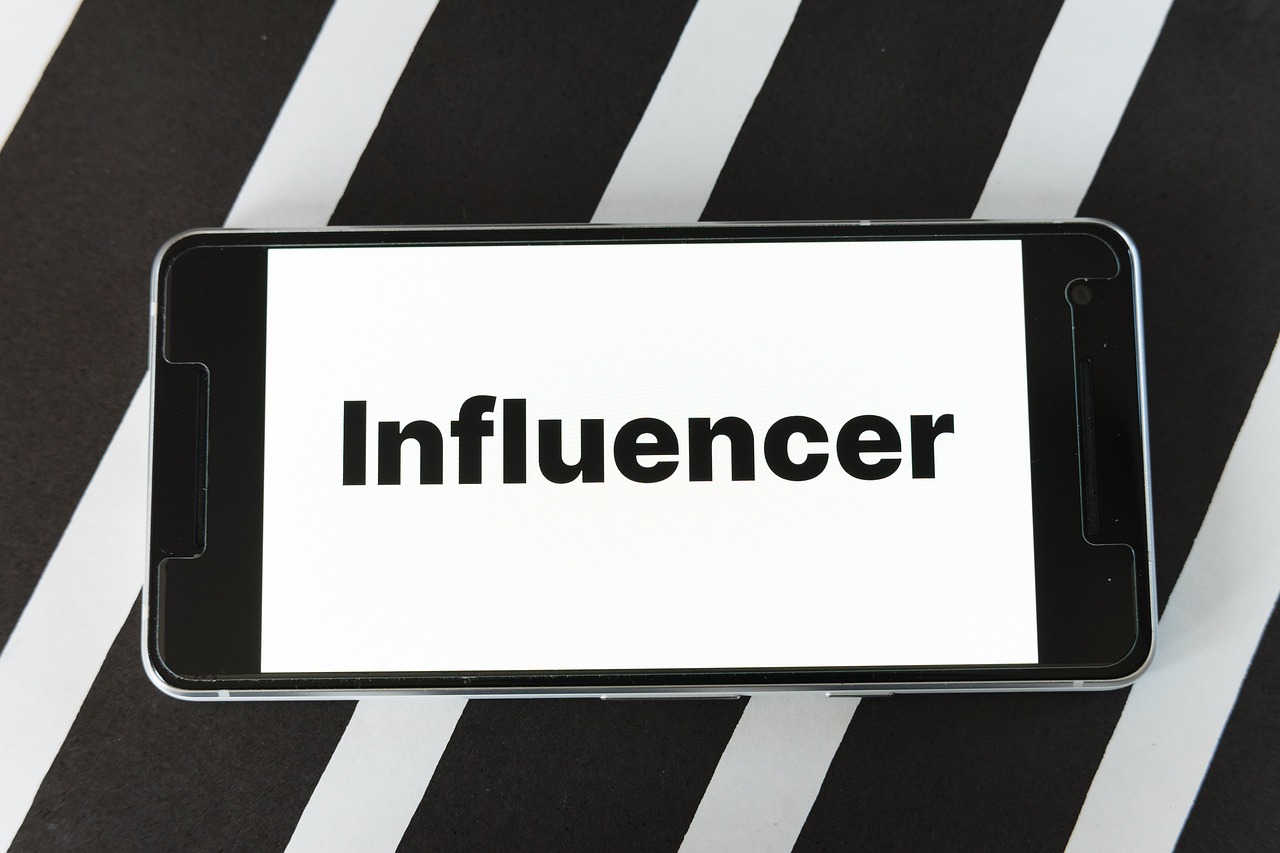
B2B Buyers Have Vendor Preferences
The key takeaway from recent research is that a significant majority of B2B buyers enter the purchasing process with strong vendor preferences already established. According to Forrester Research, an astounding 92% of buyers have at least one vendor in mind before they even begin their evaluation process. This means that B2B marketers may be missing critical opportunities to influence buyer decisions, potentially costing them valuable deals. This insightful data comes from Forrester’s 2024 Buyers’ Journey Survey, which highlights a crucial shift in B2B purchasing behavior. As Forrester notes, “B2B buying today is a process of confirmation, not selection.” This indicates that buyers are not starting from scratch; rather, they are confirming their choices based on prior knowledge and influences.
Buyer Behavior Insights from Forrester
Forrester’s findings challenge the traditional view that buyers begin their journey with no preconceived notions. Instead, 48% of first-time buyers report having a preferred vendor before the formal evaluation begins. This trend spans various deal sizes and roles, with 63% of solo decision-makers indicating they start with a single vendor in mind. Additionally, 42% of buyers in deals under $10 million share this sentiment. The preference is even more pronounced among C-suite executives, with 47% expressing loyalty to a specific vendor early in the process. Geographically, the data shows variations in vendor preference. In North America, 45% of buyers start with a preferred vendor, while in Europe, this figure is 43%.
In contrast, only 36% of buyers in the Asia Pacific region exhibit similar tendencies. This insight underscores the need for marketers to understand regional differences in buyer behavior.
The Importance of Preference Marketing
To address this shift in buyer behavior, Forrester advocates for a “preference marketing” strategy. This approach emphasizes the importance of shaping buyer perceptions well before active demand emerges. Organizations are encouraged to align their brand and demand teams and measure brand preference as a key performance indicator. The report warns that relying solely on short-term lead generation will not suffice in today’s market. Vendors must strive to become category leaders in the minds of buyers before requests for proposals (RFPs) are even issued. This proactive strategy is essential for building lasting relationships with potential clients.

Tailored Strategies for Different Vendor Positions
Forrester also suggests that vendors should develop strategic playbooks based on their perceived market position—whether they are seen as a leader, contender, or long shot. Each category requires a distinct approach: leaders should reinforce their dominance, contenders need to emphasize differentiation, and long shots must work to challenge buyer assumptions. By tailoring strategies to these positions, vendors can more effectively engage with buyers throughout the purchasing process. In conclusion, the landscape of B2B marketing is evolving, and understanding buyer preferences is more crucial than ever. With the right strategies in place, vendors can position themselves favorably in the minds of buyers, ultimately leading to better outcomes in the competitive B2B marketplace.
